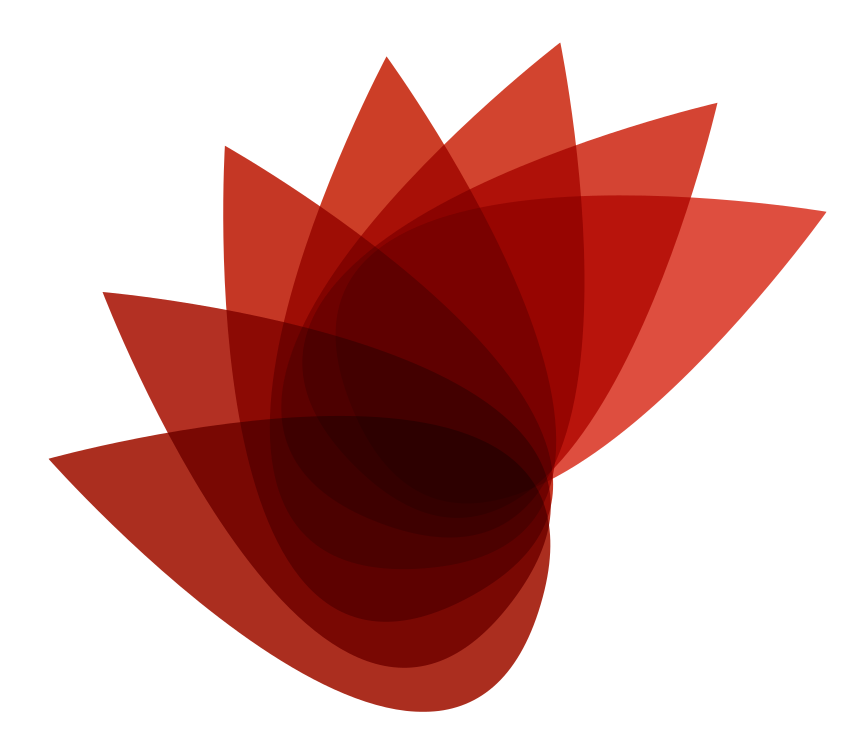En el marco de las actividades del MIPE, y como parte de las ayudas a la movilidad académica, este año nos visita nuevamente el Dr. Stanton Wortham (University of Pennsylvania), que impartirá el seminario » Methods of Discourse Analysis» que se llevará a cabo los días 5, 6, 7, 8, 12 y 13 de Marzo de 2012 de 12h. a 14h. en el aula 2209 en el 2º piso del Ed. Ponent, Facultat de Psicología, Universitat de Barcelona.
El seminario se impartirá en inglés. Los participantes deben comprometerse a asistir como mínimo al 80% de las sesiones programadas.
Contenidos del seminario
Discourse analysis is a broad and complex interdisciplinary field. It includes somewhat diverse theoretical and methodological approaches from linguistics, anthropology, psychology and sociology. All approaches to discourse share a commitment to studying language in context. But “context” is indeterminate, and different approaches to discourse analysis emphasize different aspects of context as potentially relevant to understanding language use.
This seminar provides an overview of several important methodological approaches to discourse analysis, but it focuses on an approach developed in linguistic anthropology, summarized in the book Narratives in Action (Teachers College Press, 2001) and illustrated in the book Learning Identity (Cambridge University Press, 2006). Methods are motivated by and intertwined with theories, so the course inevitably addresses some theoretical issues. However, the seminar intends primarily to provide students with methodological tools for studying spoken and written language use.
The seminar is organized into six sessions, meeting from 12:00 to 14:00 on 5-8 March and 12-13 March. The topics and examples below are organized into six sections, and we may cover one section per day. If the seminar speeds up or slows down, however, we may not cover exactly one topic per day. The topics are:
An Overview of Discourse Analysis
- Principles of Discourse Analysis: Contextualization and Emergence
- Narrative Analysis
- Parallelism across Narrating and Narrated Events
- Beyond the Speech Event: Discourse Across Space and Time
- Beyond Micro and Macro




